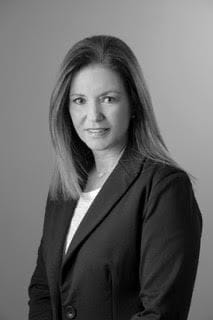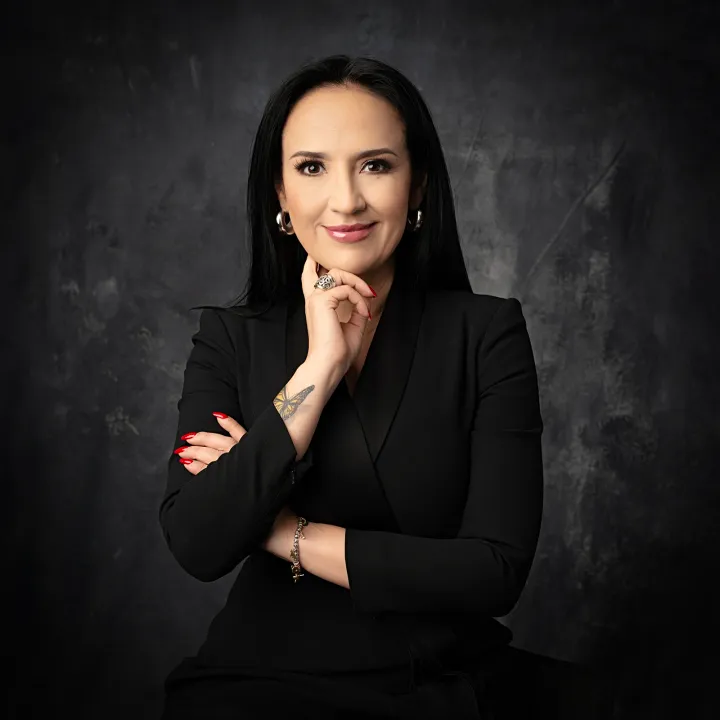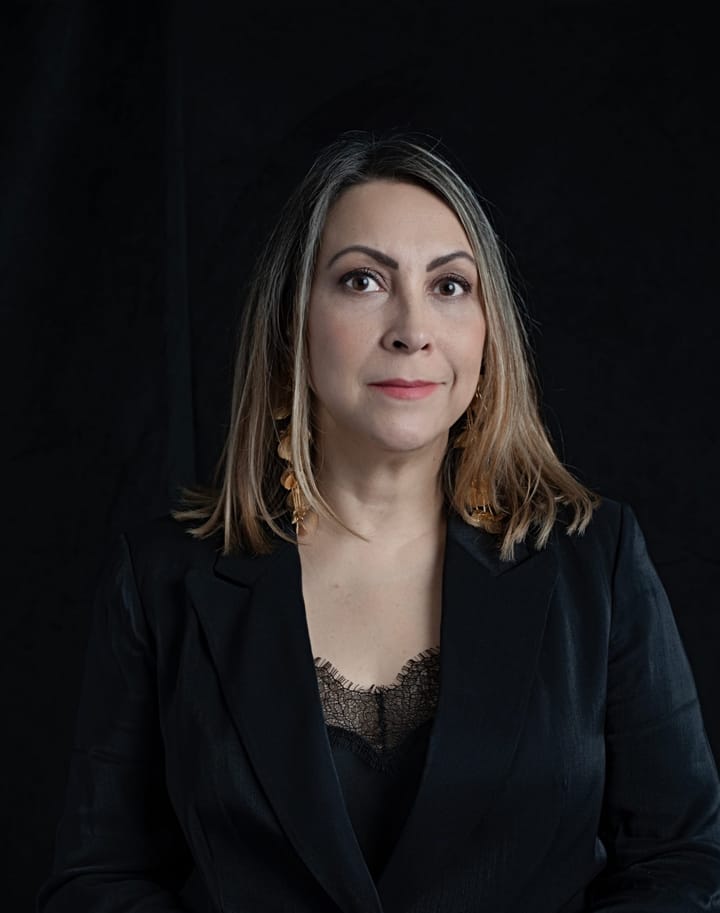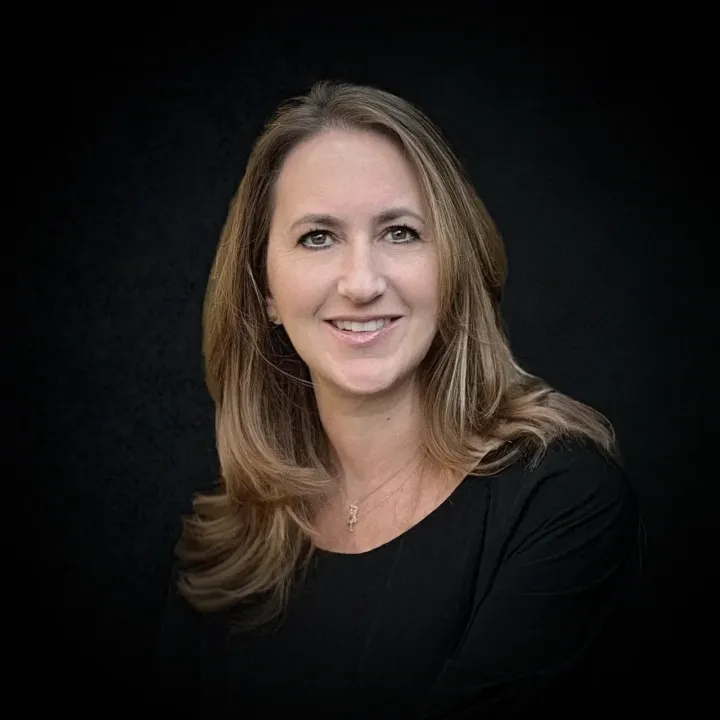Por Fernanda Padilla Rodríguez

Cada día estamos más informadas de cómo impacta la etapa de climaterio (la cual comprende la perimenopausia, menopausia y posmenopausia) en la salud mental. Este impacto no es menor, y el tomarlo en cuenta es de suma importancia para abordar nuestra salud integral de manera adecuada en este proceso de transición.
En Sin Reglas estamos muy conscientes de que para tomar control de nuestra salud de manera integral necesitamos comprendernos como una totalidad que consta de varias partes. Somos lo biológico y lo psicosocial, y como Logoterapeuta yo agrego también lo espiritual.
Comencemos por lo biológico, nuestra salud mental depende en gran parte de nuestra bioquímica cerebral, ésta bioquímica incluye las hormonas. Las fluctuaciones hormonales propias de esta etapa pueden generar síntomas tanto en el cuerpo como en la psique. Los cambios de humor y los sentimientos de ansiedad y tristeza son comunes durante las etapas de la menopausia. Las mujeres durante esta transición corremos un mayor riesgo de deprimirnos o de experimentar ansiedad. No queremos patologizar nuestras emociones, sentimientos y estados de ánimo propios del ser humanas, pero es muy importante el identificar cuando estos, por su presentación en intensidad y frecuencia, se convierten en un problema para la salud. No es lo mismo estar de pronto tristes o enojadas que presentar un cuadro de depresión, y no es lo mismo tener miedo o preocupación a padecer un trastorno de ansiedad. Es de suma importancia el reconocer cuando existe un trastorno de este tipo para poder tomar control de nuestra salud de manera oportuna y adecuada.
Muchas veces existe el miedo al diagnóstico, pues la salud mental ha estado estigmatizada a lo largo de la historia, y una de nuestras grandes tareas en Sin Reglas es contribuir a derribar tabúes y mitos alrededor de la enfermedad mental para facilitar el diagnóstico oportuno que favorezca el tratamiento adecuado. Estamos convencidas de que hay tantos planes de tratamiento como mujeres, pues cada una transitaremos por esta etapa de manera única, y nuestra intención es acompañarte en identificar y acceder al mejor para ti.
La parte psicosocial en este camino se encuentra llena de retos. Muchas de nosotras estamos formando hijos adolescentes o experimentando el nido vacío cuando nuestros hijos adultos ya han volado, muchas estamos cuidando de nuestros padres enfermos o acompañándolos en su propia transición por la tercera edad; muchas otras también estamos adaptándonos a cambios en la manera de ejercer nuestra profesión o incluso giros importantes en el área laboral, otras estamos en temas con la pareja, y algo que compartimos todas es el enfrentarnos a pérdidas constantes simplemente porque éstas son parte de la vida. Otro reto clave propio de esta etapa es el reajustar nuestra escala de valores y la manera en que vivimos en congruencia con ellos. El fluir con estos cambios es una parte fundamental de nuestra salud mental, nuestra capacidad de adaptarnos y encontrar sentido en cada uno es crucial para vivir esta etapa de manera plena.
Es aquí donde entra nuestra dimensión espiritual, no hablo de espíritu en un tono religioso, sino de esa capacidad exclusivamente humana de entablar un diálogo con nosotras mismas y poder observarnos tomando distancia de una misma. Este poder de autoobservación nos ayuda a conocernos y comprendernos. Nos ayuda también a poder identificar los síntomas presentes en nuestras diferentes áreas y a tomar control sobre ellos. El acceder a nuestra parte espiritual a través de nuestra consciencia, ese “me doy cuenta de que me doy cuenta”, nos permite elegir quién queremos ser, nos da la posibilidad de responder en vez de reaccionar y, sobre todo, nos da la posibilidad de tomar una postura ante lo que nos sucede. Nosotras no elegimos mucho de lo que nos está pasando en este proceso de transición, pero sí podemos elegir la actitud con la que lo enfrentamos.
En Sin Reglas estamos para acompañarte a vivir esta etapa plena, libre y sin reglas.
Las opiniones expresadas son responsabilidad de sus autoras y son absolutamente independientes a la postura y línea editorial de Opinión 51.






Comments ()